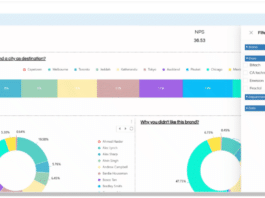
Seastar, a fresh event-driven C++ framework for building application, is here to make your coding easier. The open source framework has specified interfaces to implement templates without runtime overhead and build applications by leveraging multiple processing cores.
Using concepts, Seastar is aiming to upgrade your programing experience with C++. The latest release of the framework enables synchronised program execution through the concept of futures. Further, the framework delivers fast, scale-up infrastructure with low-latency, high-throughput and I/O intensive applications.
Easier to write asynchronous code
Scylla, the maker of Seastar, claims that the framework makes it easier to write asynchronous and non-blocking code. To utilise multiple processor cores, the shared-nothing model on the framework shards requests in individual cores. There is also a messaging passing feature that can help in sharing information between the available cores.
Seastar also offers a choice of network stack for Linux and OSv. This means that you can install its presence on CentOS, Fedora and Ubuntu as well as Docker and the DPDK. Besides, the performance of the core framework is optimised using a proprietary userspace TCP/IP stack.
You can read a detailed tutorial on GitHub to deploy Seastar. Its code and documentation is also available on the online repository to help you develop your next project.



